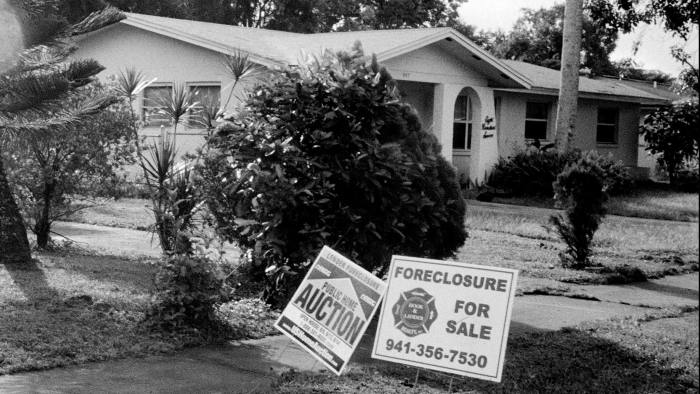#82: The Modern Empiricist Proving Old Wisdom On Household Debt And Recession – Amir Sufi
2 min read

Amir Sufi is the Bruce Lindsay Professor of Economics and Public Policy at the University of Chicago Booth School of Business. His research on household debt and the economy forms the basis of his 2014 book, co-authored with Atif Mian: House of Debt: How They (and You) Caused the Great Recession and How We Can Prevent It from Happening Again.
Show notes
Selected links
- Follow Amir: Website | Twitter
- House of Debt, by Amir Sufi and Atif Mian
- Manias, Panics, and Crashes, by Charles Kindleberger
- ‘The Leverage Cycle’, paper by John Geanakoplos
- ‘Is There a Bubble in the Housing Market?’, 2004 paper by Karl Case and Robert Shiller
- A Crisis of Beliefs, by Nicola Gennaioli and Andrei Shleifer
- ‘Public perceptions of foreign and Chinese real estate investment: intercultural relations in Global Sydney’, 2017 paper by Dallas Rogers et al
- ‘The Effect of Foreign Demand on Residential Property Prices: Evidence from Australia’, 2019 paper by Chris Wokker and John Swieringa
- Housing Bubbles: Origins and Consequences, by Sergi Basco
- ‘The Debt-deflation Theory of Great Depressions’, 1933 paper by Irving Fisher
Topics discussed
- How did Amir begin his partnership with Princeton economist Atif Mian? 4:29
- Why did Amir decide to become an economist? 7:13
- What does Amir make of Australia’s housing market? 8:47
- What is the Kindleberger/Minsky narrative of credit and bubbles? 10:53
- What ignites a housing bubble: “animal spirits” or a credit supply shock? 13:26
- Why did Las Vegas and Phoenix — two supply-elastic cities — witness such extreme price run-ups in the mid-2000s? 15:48
- Credit transfers power over prices from pessimists to optimists. 19:22
- If bubbles include crashes, can we identify housing bubbles ex ante? 22:03
- The psychology of speculation. 27:31
- How do interest rates play into bubbles? 28:46
- If credit supply shocks cause housing bubbles, then what causes credit supply shocks? 34:04
- What pricks housing bubbles? 38:31
- Irving Fisher’s debt-deflation theory of recessions. 45:36
- What is “the wealth effect”, really? 50:17
- Why do indebted households tighten their belts when asset values fall? 51:39
- What are the political aftershocks of balance sheet recessions? 53:56
- Solutions. 56:20
- Does the fact that Australia has less subprime debt than the US did in the 2000s immunise Australia from a balance sheet recession? 1:00:43
